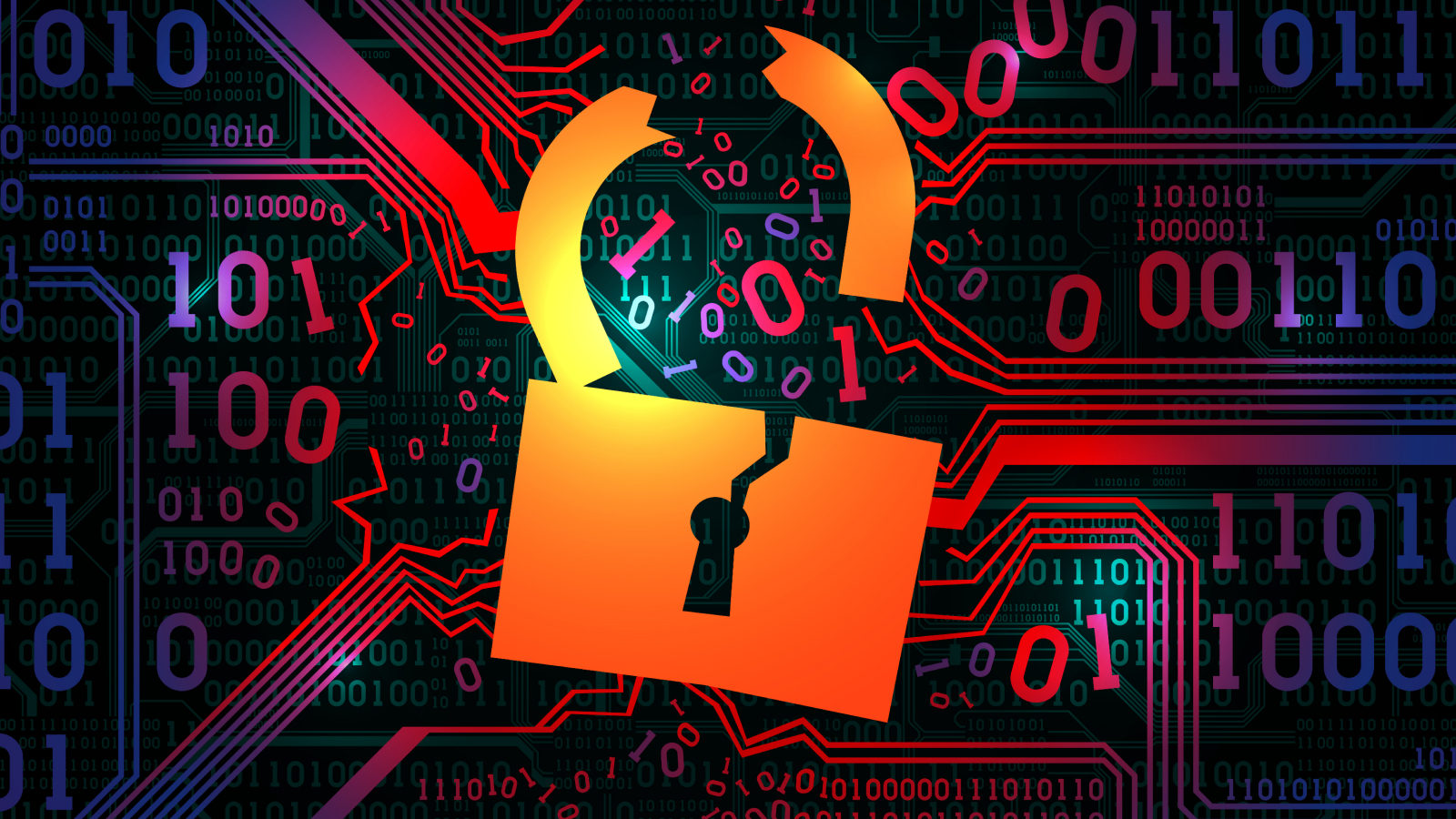Web4 Is Coming: Smarter, Immersive, AI-Driven Internet of the Future-
The internet as we know it has been evolving in stages:
-
Web1 was the first generation — a static web where users could only read information. Think of simple websites and early email systems.
-
Web2 introduced interactivity, social media, and user-generated content. Suddenly, we could not just consume but also create, share, and connect online.
-
Web3 promised decentralization using blockchain, crypto, and NFTs, aiming to give users more control over their data, digital assets, and online identity.
But even as Web3 continues to grow, technologists are already looking ahead — to Web4, the next frontier in the evolution of the internet.
What is Web4?
Web4 isn’t just a new version of the web — it’s a completely reimagined internet where artificial intelligence, immersive technologies, and user empowerment converge.
Unlike Web3, which focuses primarily on decentralization and blockchain, Web4 is about creating an intelligent, interactive, and highly personalized digital environment. Some of its key characteristics include:
-
AI-Driven Experiences: Web4 websites and applications will learn from user behavior, delivering content and services tailored to individual preferences in real time.
-
Immersive Digital Worlds: With virtual reality (VR), augmented reality (AR), and mixed reality (MR), Web4 will let users engage in digital spaces that feel as real as the physical world.
-
Seamless Interconnectivity: Devices, apps, and digital environments will communicate more efficiently, creating a truly connected experience across platforms.
-
User Empowerment: Building on Web3’s decentralized ethos, Web4 aims to give users even greater control over their data, digital identity, and online assets.
Essentially, Web4 could turn the internet into a living, learning system that adapts to each user, offering experiences that are smarter, faster, and more immersive.
Why Web4 Matters
Web4 isn’t just a futuristic concept — it has real implications for businesses, governments, and everyday users:
-
Personalized Digital Experiences: Imagine shopping online where AI not only recommends products but predicts your needs before you even search for them. Education platforms could adapt in real time to your learning pace.
-
Next-Level Entertainment: VR and AR could make movies, games, and concerts fully immersive, allowing people to interact with digital environments as if they were real.
-
Smarter Workspaces: Businesses could create virtual offices where employees collaborate in shared digital spaces, blending physical and virtual workflows seamlessly.
-
Enhanced Privacy and Security: Web4 could combine blockchain, AI, and privacy-preserving technologies to give users more control over personal data and digital identity.
-
Global Connectivity: With AI-driven translation and context-aware communication, Web4 could break down language and accessibility barriers, making the internet truly universal.
In short, Web4 could make the internet more intelligent, responsive, and human-centric, redefining how we interact with technology.
The Technologies Driving Web4
Several emerging technologies will make Web4 possible:
-
Artificial Intelligence and Machine Learning: These will power predictive, adaptive, and context-aware online experiences.
-
Blockchain and Decentralized Systems: While Web4 goes beyond Web3, decentralization will still play a role in secure identity management and digital ownership.
-
Virtual, Augmented, and Mixed Reality: Immersive interfaces will transform how we socialize, learn, shop, and work online.
-
Edge Computing and IoT: Faster, smarter networks and connected devices will make the Web4 experience seamless and real-time.
-
5G and Future Networks: High-speed, low-latency connectivity is crucial for immersive digital worlds and AI-driven platforms.
Combined, these technologies will make Web4 highly responsive, intelligent, and immersive, turning the internet from a passive tool into an active participant in our digital lives.
How Web4 Could Impact Businesses
Web4 isn’t just a technical concept — it’s a business opportunity. Companies that adopt Web4 technologies early could gain a massive competitive advantage:
-
Retail and E-commerce: AI-driven personalization and immersive shopping experiences could drastically increase engagement and conversion rates.
-
Education and Training: Virtual classrooms and AI tutors can deliver personalized learning at scale.
-
Entertainment: Studios can offer fully interactive, immersive experiences that blend the digital and physical worlds.
-
Healthcare: Virtual consultations, AI-driven diagnostics, and personalized treatment plans could become standard practice.
-
Finance: Web4 could bring smarter financial platforms, predictive analytics, and secure digital asset management.
Businesses that ignore the Web4 wave risk falling behind in a world where technology adapts to users rather than the other way around.
Challenges Ahead
Of course, Web4 comes with challenges:
-
Data Privacy: AI-driven experiences require data, raising concerns about how personal information is collected, stored, and used.
-
Accessibility: Immersive technologies may be expensive or require specialized hardware, potentially creating a digital divide.
-
Ethical AI: Decisions made by AI systems need to be transparent and accountable to prevent bias and misuse.
-
Standardization: To create a seamless Web4 experience, global standards for interoperability between devices, platforms, and applications are essential.
Despite these challenges, the potential benefits of Web4 make it a goal worth pursuing for governments, businesses, and innovators alike.
Final Words
Web4 represents the next frontier of the internet — an era where AI, immersive technologies, and decentralization converge to create a digital world that is smarter, more interactive, and deeply personalized.
It builds on the foundations of Web3, but goes further, turning the internet from a platform we use into a system that learns, adapts, and engages with us in meaningful ways.
From smarter online experiences to global connectivity and new business opportunities, Web4 promises to redefine the digital landscape.
The internet isn’t just evolving — it’s getting ready to become an intelligent, immersive, and human-centric environment, and Web4 is leading the way.
Why Do Plants and Humans Both Have Ovaries—But Use Them Differently? | Maya



